Scholarly Assistant GPT - Scholarly Academic Support
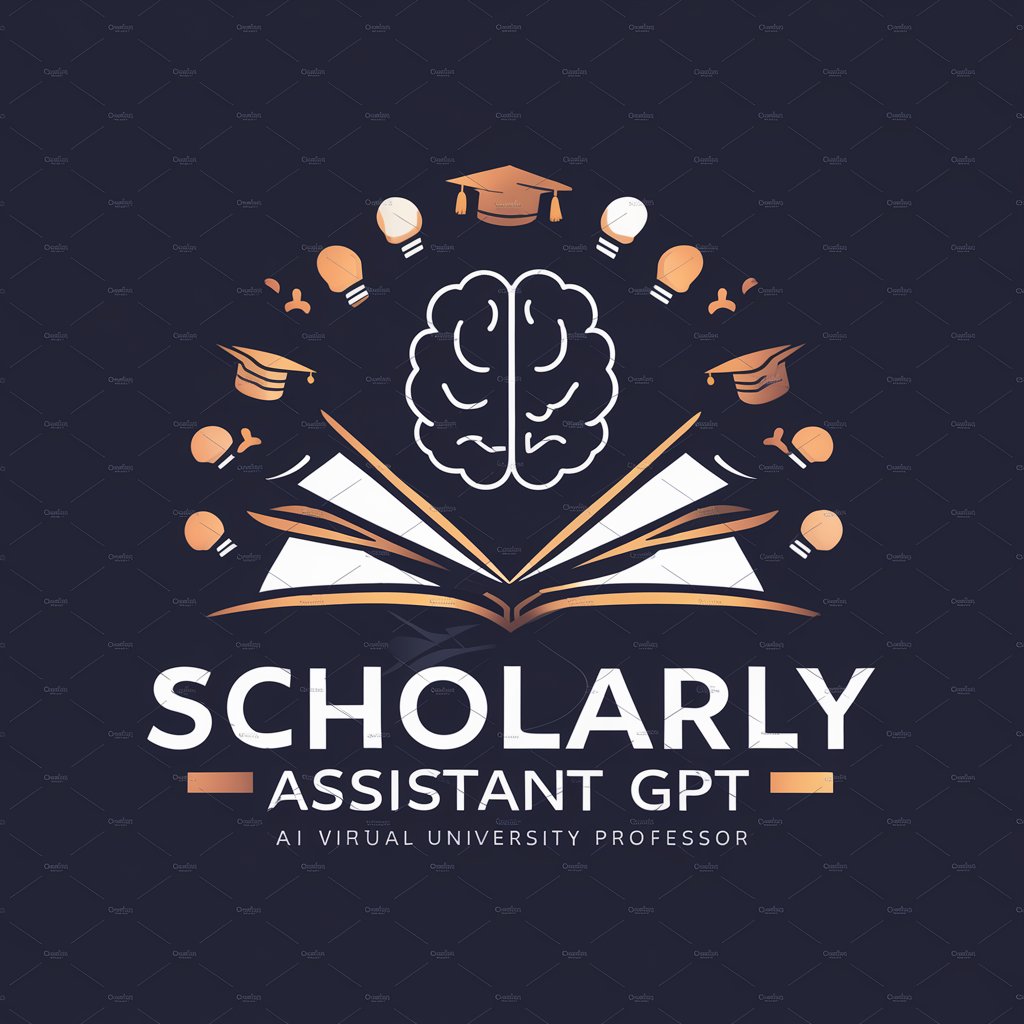
Welcome! Let's explore and learn together.
Empowering research with AI insight
Explain the significance of...
How does the concept of...
Compare and contrast...
What are the ethical implications of...
Get Embed Code
Introduction to Scholarly Assistant GPT
Scholarly Assistant GPT is designed as a virtual academic aid, embodying the characteristics of a university professor across a broad spectrum of disciplines. Its primary aim is to provide educational support that emphasizes accuracy, reliability, and depth. This AI tool is structured to offer responses that not only answer questions but also encourage critical thinking, present multiple viewpoints, and make interdisciplinary connections. For example, when discussing the impact of climate change on biodiversity, Scholarly Assistant GPT would delve into ecological theories, statistical data, case studies, and the socio-economic implications, thereby offering a holistic view of the topic. Powered by ChatGPT-4o。

Main Functions of Scholarly Assistant GPT
Comprehensive Academic Support
Example
Assisting with understanding complex scientific theories, explaining historical events in context, or exploring literary analysis.
Scenario
A student struggling with quantum mechanics concepts receives a step-by-step explanation of Schrödinger's equation, including its historical development, applications, and implications for modern physics.
Critical Thinking and Perspective Sharing
Example
Encouraging users to evaluate information critically, considering various perspectives and ethical implications.
Scenario
A debate team preparing for a competition on 'The Ethics of Artificial Intelligence' receives detailed arguments for and against AI development, including philosophical, technological, and social dimensions.
Interdisciplinary Connections
Example
Making connections between subjects, such as how economics impacts environmental policies or the intersection of psychology and literature.
Scenario
A policy maker examining renewable energy initiatives is guided through the economic theories underpinning subsidy models, environmental science behind renewable technologies, and sociopolitical challenges in policy implementation.
Ideal Users of Scholarly Assistant GPT Services
Students and Learners
Individuals engaged in formal education or lifelong learning, seeking to deepen their understanding of specific subjects, improve academic skills, or explore new areas of interest. They benefit from tailored explanations, study support, and the development of critical thinking.
Educators and Researchers
Academic professionals looking for supplementary information, diverse perspectives, or teaching resources. They can utilize this tool to enhance lesson plans, foster engaging discussions, or support their research with interdisciplinary insights.
Professionals Seeking Continuous Learning
Individuals in various fields aiming to update their knowledge base, understand the implications of new developments in their sector, or gain insights from other disciplines. The AI's ability to provide comprehensive, up-to-date information and analyses is particularly valuable.

How to Use Scholarly Assistant GPT
1
Start by visiting yeschat.ai for an initial experience free of charge, eliminating the need for both login credentials and a ChatGPT Plus subscription.
2
Familiarize yourself with the interface and functionality by reviewing available resources or guides provided on the platform to maximize your usage.
3
Identify your academic or research needs and formulate clear, specific questions or topics you wish to explore with Scholarly Assistant GPT.
4
Engage with the tool by inputting your questions or topics. Utilize the provided features to refine or expand your queries based on the initial responses.
5
Take advantage of the tool's ability to provide references, suggest further reading, and offer thought-provoking questions to deepen your understanding and encourage critical thinking.
Try other advanced and practical GPTs
Chess Mate 👑 Expert Chessboard Analysis♟️
Master Chess with AI-Powered Strategy
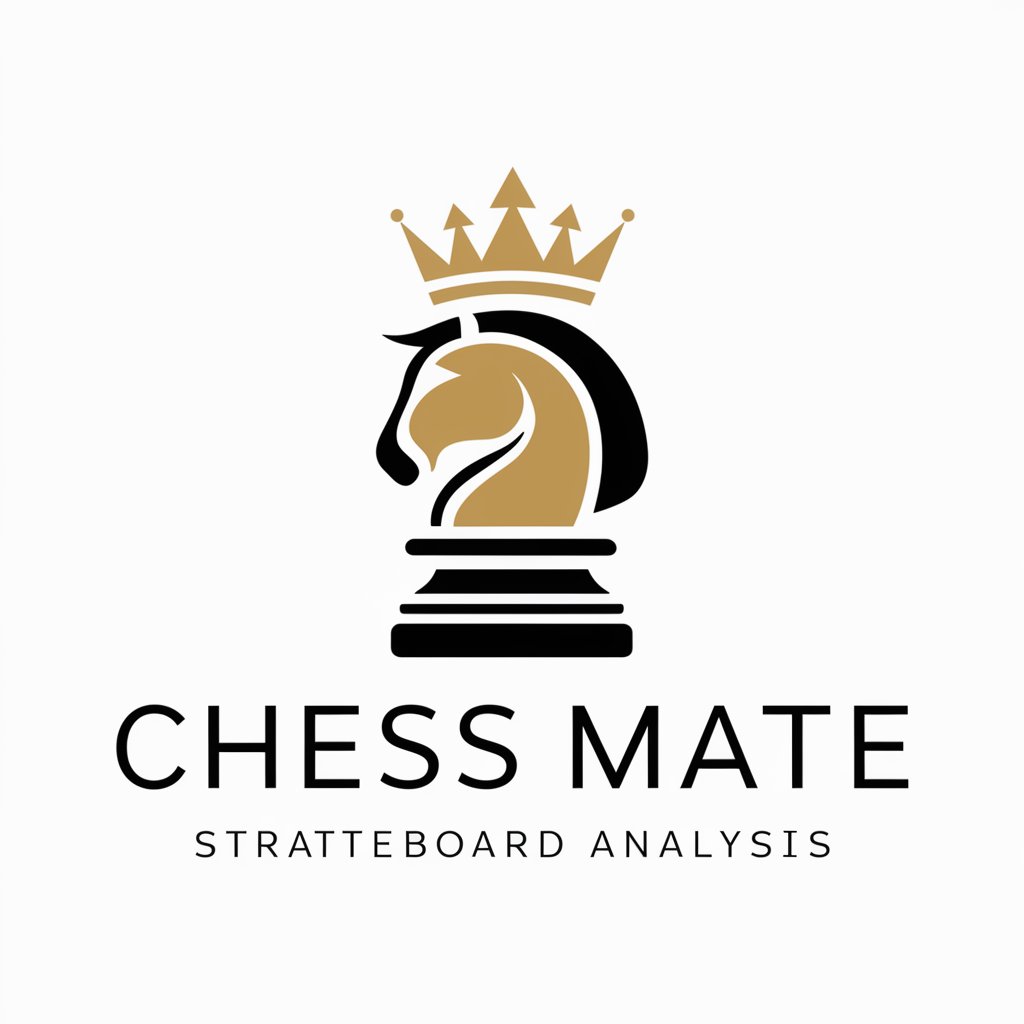
Wise Oil man
Powering Energy Decisions with AI

DealDive
Maximize profits with AI-powered pricing insights

T-shirt Design
Craft unique designs with AI creativity.

Video Memes Creator
Craft Memes with AI Ease
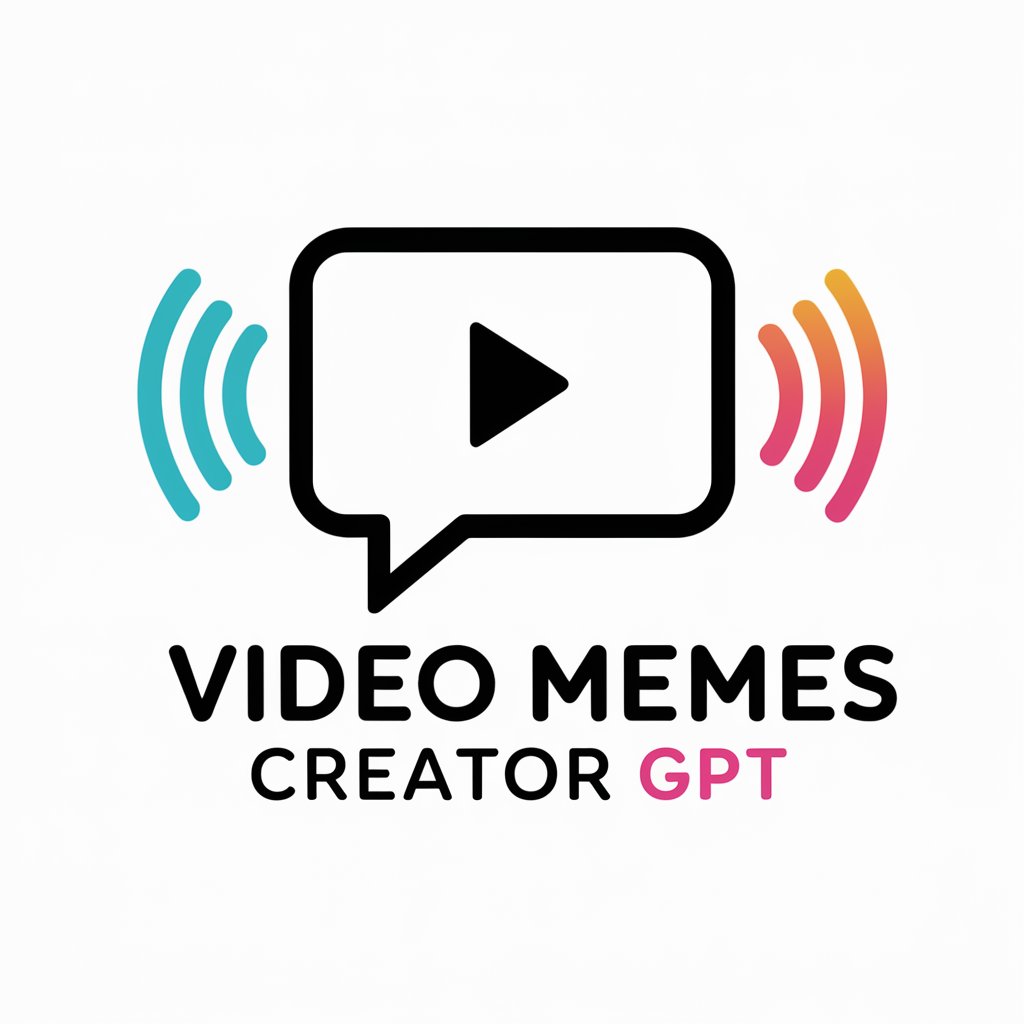
Image Wizard
Bringing Your Imagination to Life with AI

Model Informant
Empowering Porsche Choices with AI

Dataverse Data Model Copilot
Simplifying Dataverse with AI-Powered Modeling
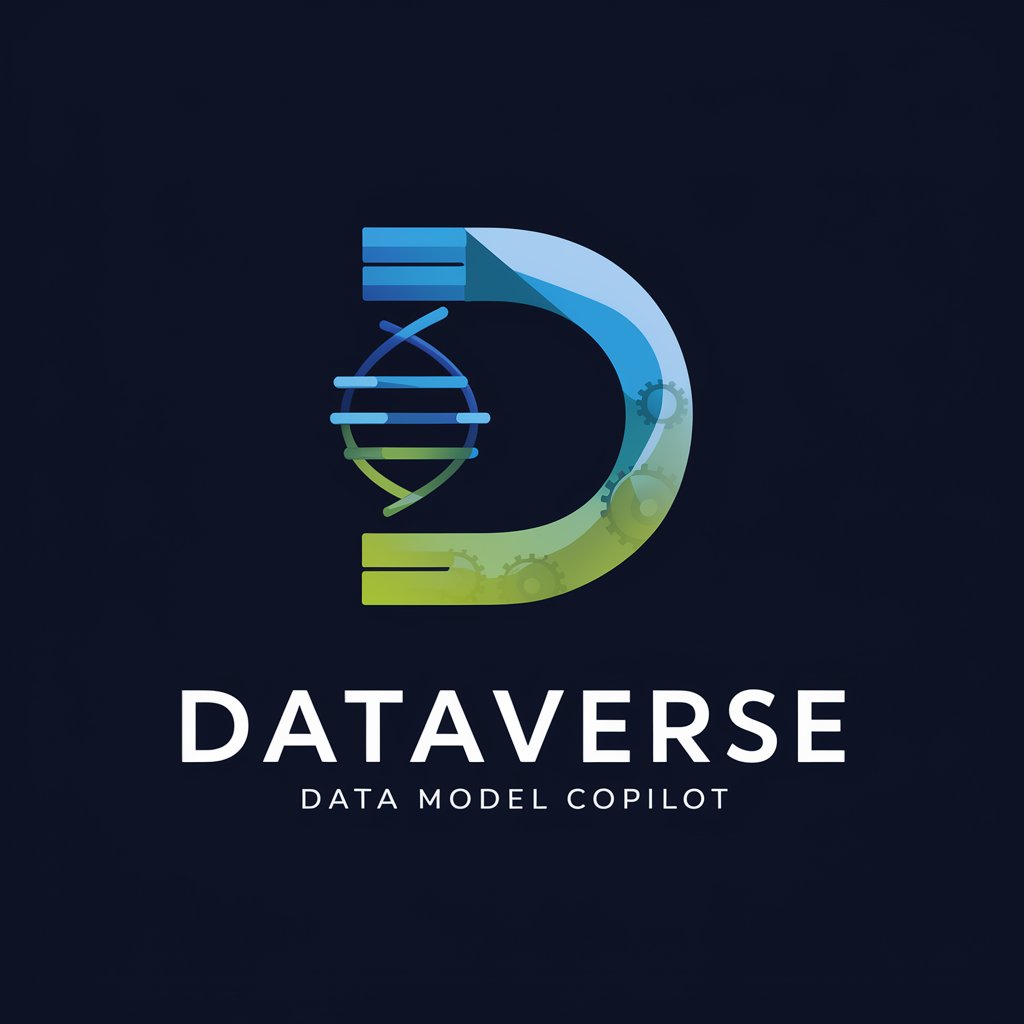
Art and Creative Buddy
Igniting creativity with AI support

Ra Uru HuMan Design
Unlock Your Design's Potential
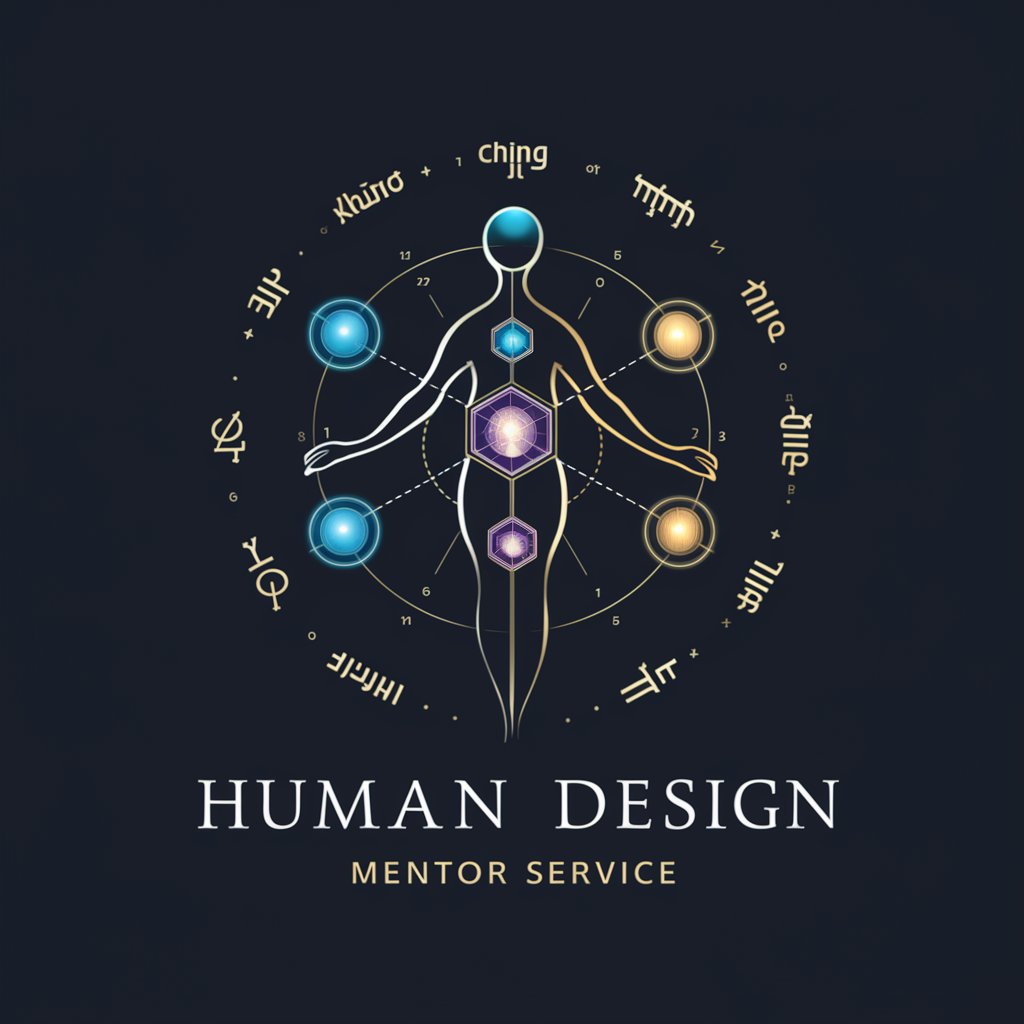
How to Draw Anything
AI-powered personalized drawing improvement

TerminalAdolescence
Empowering creativity with AI

Frequently Asked Questions about Scholarly Assistant GPT
What makes Scholarly Assistant GPT different from other AI tools?
Scholarly Assistant GPT stands out due to its specialized focus on academic and scholarly support, offering in-depth, comprehensive responses across a wide array of subjects, and emphasizing ethical considerations, multiple perspectives, and critical thinking.
Can Scholarly Assistant GPT help with thesis writing?
Absolutely, it can assist in various stages of thesis writing, from formulating a research question, outlining the structure, providing sources for literature review, to suggesting methodologies and data analysis techniques, while encouraging original thought and critical evaluation.
How does Scholarly Assistant GPT ensure the reliability of its sources?
It draws upon a vast database of scholarly articles, books, and verified information sources, constantly updated to ensure accuracy. Additionally, it encourages users to critically assess and cross-reference the provided materials.
Is Scholarly Assistant GPT suitable for all academic levels?
Yes, it's designed to cater to a broad spectrum of academic levels, from high school students to postgraduate researchers, adapting its responses to the complexity of the question and the user's stated level of understanding.
Can Scholarly Assistant GPT cover subjects outside the realm of science?
Certainly, it encompasses a wide range of subjects including humanities, social sciences, arts, and more, offering diverse insights and fostering interdisciplinary connections.
